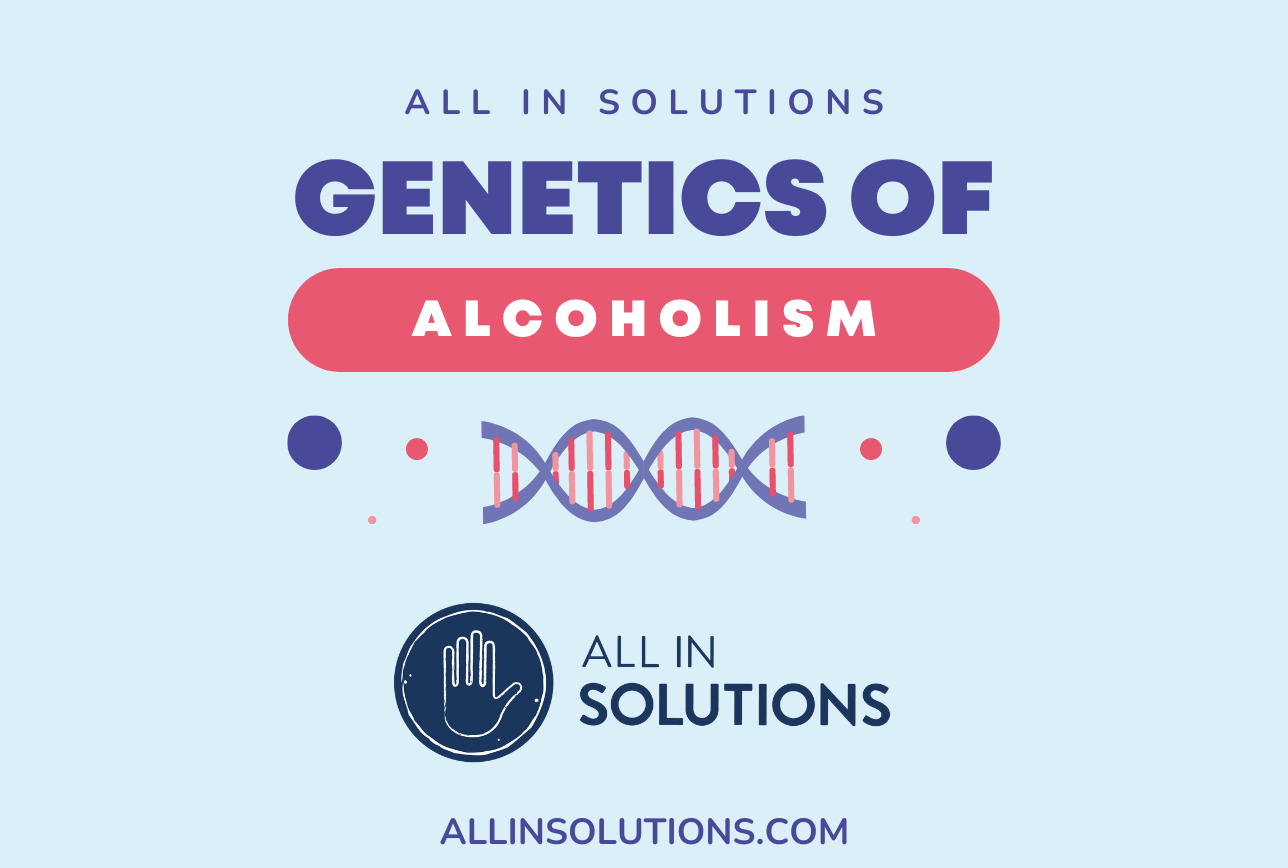Is Alcoholism Genetic or Cultural?
Is alcoholism genetic, or is it the result of a person’s upbringing? Or, perhaps, is the broader culture in which an individual is raised is to blame as much as individual household variables? Some may think it’s a foolish question, while others are curious as to why this disease affects them or somebody they love. As a loved one attempts to recover from an addiction such as alcoholism, the question becomes increasingly relevant. Genetic issues usually manifest themselves over multiple generations.
Problems involving the nurturing of a person’s surroundings appear to be more manageable. It is possible to alter one’s habits and actions. Our genetic code, on the other hand, is unchangeable.
The nature vs nurture question applies to many more behavioral questions than just excessive alcohol consumption, and is never simple to answer. However, science can shed a bit of light on the question surrounding what “causes” someone to be an alcoholic.
Is There a Genetic Predisposition to Alcoholism?
Research has indicated that genetics do play a role in addiction. However, there isn’t simply an “alcoholism gene” that conclusively causes an individual to struggle with alcohol use disorder. Rather, like many other complicated behavioral patterns, a 2019 study that sampled over a million individuals’ DNA found that there were “over 400 locations in the genome and at least 566 variants within these locations” that influence a person’s alcohol use. But while scientists have yet to fully uncover the mechanism by which the alcoholic tendency is inherited, there is plenty of evidence that genetics play a role.
According to University of Rochester Medical Center, having a parent or other close family member with a drinking problem makes a person about 400% more likely to struggle with alcohol use disorder themselves.
Nature AND Nurture: Environmental Factors for Alcoholism
One way researchers are able to separate genetic influence from environmental influence is through twin studies. Identical twins are genetically insdistinguishable from one another, so when these twins are separated at birth as a result of adoption or other kinds of intervention, they provide an opportunity to see how the environment in which each child was raised contributed to them being similar or dissimilar to their parents. These kinds of studies have suggested that between 45% and 65% of an individual’s liability to develop alcoholism is due to genetic factors. There are many environmental factors that contibute to a person’s likelihood of developing a drinking problem including:
- How an individuals is raised
- What an individual’s social circle is like
- The level of stress in an individual’s life
- How accessible alcohol is to an individual
- The age at which an individual begins drinking
How to Avoid Alcoholism if it Runs in Your Family
If you believe you are at danger for developing an alcohol problem, take the following actions to help you avoid it:
- Don’t start drinking while you’re young. If you start drinking at a young age, your chances of becoming an alcoholic are increased. This is due to both societal and genetic causes.
- As an adult, drink in moderation. Even moderate drinking should be approached with caution since it may be difficult to maintain. Better better, abstain from consuming alcohol entirely.
- Be mindful of your mental well-being. People who are stressed, anxious, or depressed may use alcohol to self-medicate. If you’re nervous or depressed, talk to your doctor.
Getting Help for Alcoholism at All In Solutions
If you or somebody you love have a drinking problem, don’t wait to seek help. All In Solutions offers a number of individualized substance abuse programs that can help individuals with alcoholism and alcohol use disorder get sober and begin their recovery. If you have any questions about alcohol addiction, or would like to learn more about All In Solutions treatment programs, don’t hesitate to reach out. One of our experienced drug and alcohol admissions coordinators is available to speak 24/7.
New Jersey Alcohol Rehab





